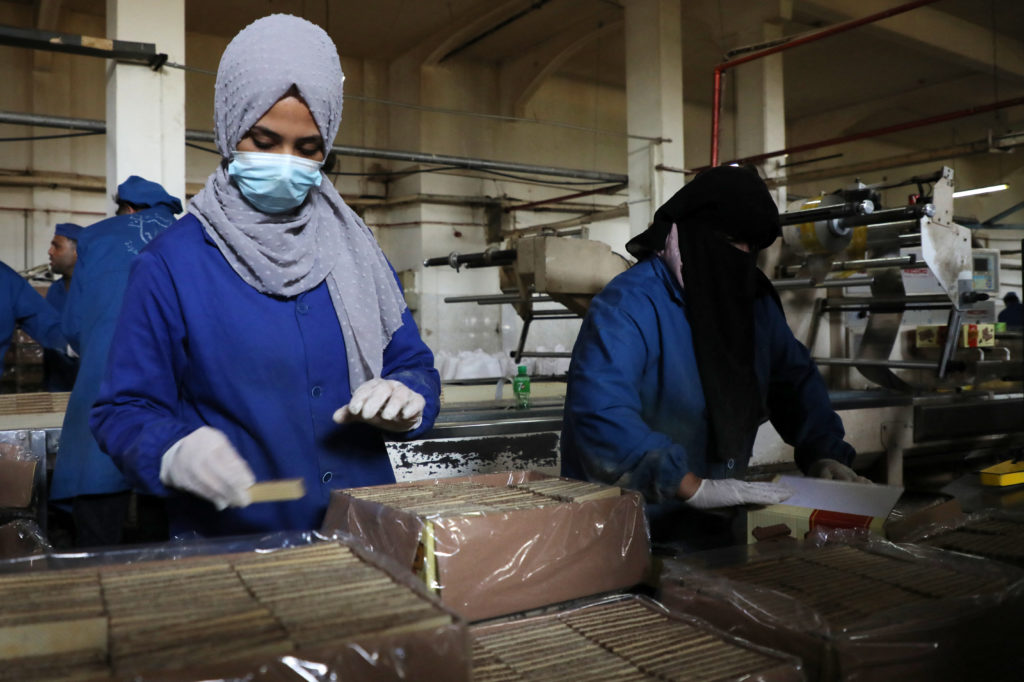São Paulo – Palestine’s economy is recovering from the recession ushered in by the pandemic in 2020; however, it is expected to return to the pre-COVID-19 levels by the end of 2023 only. So says a report by the technical team of the International Monetary Fund (IMF) who visited the country between late February and early March to assess the situation in the West Bank and the Gaza Strip. Pictured above; an manufacturing plant in Gaza.
Palestine recorded an economic contraction of 11.3% in 2020, caused by factors such as the pandemic and cuts in emergency spending by the Palestinian National Authority (PNA), associated with the disruption of economic and security relations with Israel between May and November of that year, according to the leader of the IMF mission to the country, Alexander Tieman.
The Palestinian economy has partially recovered since the start of vaccination in the country in the middle of last year, reaching about a 6% expansion in 2021. The Gaza Strip, if detached from the rest of the country, grew only 2% because of the conflict between Israel and Hamas in May last year. Hamas is the political group that controls the Gaza Strip.
“Despite the recovery, Palestinian GDP is only expected to reach its pre-pandemic level by the end of 2023,” Tieman said. The executive said the Palestinian banking sector has recovered from the impact caused by COVID, achieving profitability and capital adequacy at the end of 2021, in a context of increasing liquidity, with deposits far exceeding the concession of credit. Suitability means protection from risk.
The country, however, faces a fiscal crisis. Despite satisfactory revenue performance, repeated political and security shocks, the pandemic, declining donor support, and rising priority spending have resulted in high deficits. Public debt increased from 34.5% of GDP in 2019 to 49.3% in 2021.
Learn more about Palestine:
Tieman reported the economic outlook is “dire,” with debt on an unsustainable path and GDP per capita on a downward spiral. He said the setting is already persistently high unemployment and poverty, particularly in Gaza.
The IMF believes overcoming the challenges would require transformative reform, with efforts by the PNA, Israeli government, and donor community. Through a medium-term macro-fiscal strategy, the government could invest in development projects and social spending to support the Palestinian people and, at the same time, remain consistent about debt sustainability,
Translated by Elúsio Brasileiro




